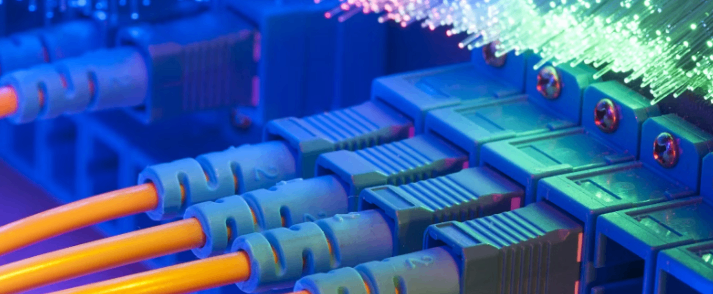Oufu Optical Fiber Cable Co.,Ltd
Address: Shenyang, Liaoning, China
Contact person: Manager Zhang
Phone: 400-964-1314
Mobile phone: +86 13904053308
【whatsapp && wechat】
2024-04-30 4236
Tell Us More About the Evolution of Technologies and Materials in Direct Burial Fiber Optic Cables
In the dynamic and ever-evolving world of telecommunications, direct burial fiber optic cables stand as the unsung heroes of our data-driven society. These cables are not just strands of glass and plastic; they are the arteries of our information superhighway, carrying vast amounts of data across vast distances with unprecedented speed and reliability. Let's delve deeper into the technological advancements and material innovations that have propelled these cables to the forefront of modern communications.

I. Technological Evolution in Direct Burial Fiber Optic Cables
The technological evolution of direct burial fiber optic cables has been marked by several game-changing developments:
Advanced Fiber Optic Stranding Techniques
Modern fiber optic cables employ intricate stranding techniques that optimize the alignment and spacing of individual fibers. This reduces crosstalk and signal loss, ensuring clearer and more efficient data transmission.
Enhanced Waterproofing and Moisture Resistance
To protect the delicate glass fibers from moisture damage, cables are now constructed with multi-layer waterproof coatings and gel-filled buffers. These innovative solutions keep water and humidity at bay, ensuring uninterrupted service.
Robust Mechanical Protection
Direct burial cables must be able to withstand the rigors of underground installation and environmental factors like soil movement and temperature changes. To achieve this, cables are armored with high-strength steel or aluminum wires, coupled with durable outer jackets that resist abrasion and corrosion.
Integrated Intelligence
With the integration of smart sensors and monitoring systems, direct burial fiber optic cables can now provide real-time data on their health and performance. This allows operators to detect potential issues before they become critical, reducing downtime and improving overall network reliability.
II. Material Innovations in Direct Burial Fiber Optic Cables
The material innovations in direct burial fiber optic cables have been equally impressive:
Ultra-Pure Silica Fibers
The heart of any fiber optic cable is its optical fibers. Modern cables utilize ultra-pure silica glass that is virtually flawless, enabling data transmission with extremely low loss and minimal distortion.
High-Performance Plastics
The outer jackets and buffers of direct burial cables are now made from high-performance plastics that are lightweight, flexible, and resistant to chemicals and UV radiation. These materials ensure long-lasting protection for the fragile glass fibers.
Eco-Friendly Materials
In line with global efforts to reduce environmental impact, manufacturers are increasingly using recyclable and biodegradable materials in the construction of direct burial fiber optic cables. This not only reduces waste but also lowers the overall carbon footprint of these critical components.
Smart Sensor Materials
Embedded within the cables themselves, smart sensor materials continuously monitor factors like temperature, strain, and humidity. This real-time data provides valuable insights into the cable's condition and performance, enabling proactive maintenance and troubleshooting.www.adsscable.cn
Conclusion
Direct burial fiber optic cables are a testament to the power of technological advancement and material innovation. As we continue to push the boundaries of data transmission speed and distance, these cables will play an increasingly critical role in our interconnected world. Let's celebrate their achievements and look forward to the exciting developments that lie ahead.